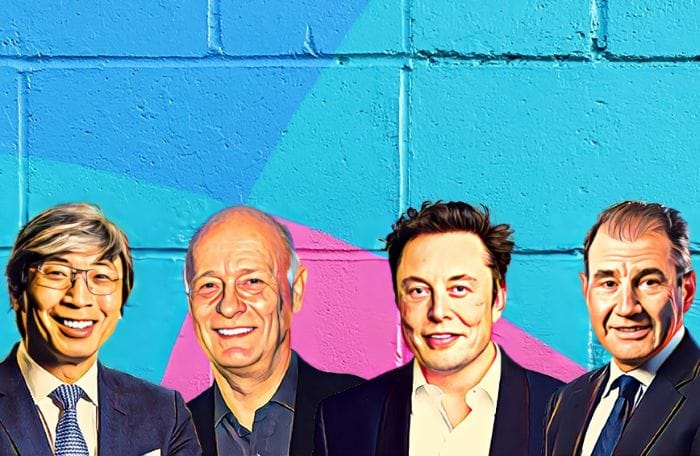Key Points
- South African-born billionaires, like Elon Musk and Patrick Soon-Shiong, maintain a global influence despite living abroad, reshaping industries worldwide.
- Elon Musk’s companies, Tesla and SpaceX, showcase how South African roots fuel innovations in transportation, space exploration, and renewable energy.
- Figures like Clive Calder and Ivan Glasenberg have bridged Africa with global markets, leaving lasting impacts across music, tech, and business.
Many South African-born billionaires have made their mark far from their homeland, often becoming citizens of their adopted countries and establishing lives that seem distant from South Africa and the broader African continent.
However, their influence is far from fading. Although these individuals may no longer reside in South Africa or operate businesses there, their contributions to both the local and global economies remain undeniable. Their ventures have transformed entire industries, leaving a lasting legacy around the world.
Consider Elon Musk, for example. As the world’s richest person, Musk has reshaped the future of transportation, space exploration, and renewable energy through his companies Tesla and SpaceX. His work, although centered in the U.S., has global implications, including for South Africa, his birthplace. Musk’s success shows how deeply his South African roots have influenced his drive to change the world.
Then there’s Patrick Soon-Shiong, a doctor and biotech entrepreneur whose groundbreaking work in cancer treatment has revolutionized medicine, particularly in the U.S. Despite his international success, Soon-Shiong has never forgotten his South African origins. His philanthropic efforts on the continent are a clear reminder of his enduring connection to his roots, even as his contributions have impacted the world stage.
Music mogul Clive Calder, while perhaps not as widely recognized as others, has made a significant mark by bridging African music with global audiences through his ventures in the U.K. and South Africa. His influence on the digital music industry helped spread African sounds worldwide, leaving a lasting impact far beyond the continent.
Other South African-born figures, like Ivan Glasenberg, the former CEO of Glencore, and Tony Bloom, who built his empire in sports betting, have made their own marks. Mark Shuttleworth, too, has sparked innovation through his early investments in tech and the development of the Ubuntu software, affecting not just Africa, but global technology.
These individuals exemplify the deep connection between South Africa, their adopted countries, and the industries they’ve shaped across continents. Though they may have left South Africa behind, their achievements continue to highlight the powerful, ongoing influence of South African-born billionaires in driving innovation, shaping economies, and contributing to global growth.
1. Elon Musk
Net Worth: $304 billion
Citizenships: South African, Canadian, American
Elon Musk’s journey to becoming one of the world’s wealthiest individuals began in Pretoria, South Africa, where he was born. At 17, Musk moved to Canada, eventually becoming a U.S. citizen. His career has spanned multiple groundbreaking industries, including electric vehicles, space exploration, social media, and artificial intelligence. As CEO of Tesla, he holds a significant stake in the world’s most valuable carmaker. Musk also leads SpaceX, which is valued at $350 billion, and acquired Twitter (now X) for $44 billion in 2022, though the company’s valuation has since seen a significant drop. Additionally, Musk’s ventures include Neuralink and The Boring Company, and he continues to innovate in AI through his startup xAI. His rise to wealth began with the $1.5 billion sale of PayPal to eBay in 2002, paving the way for his vast impact across several industries.
2. Patrick Soon-Shiong
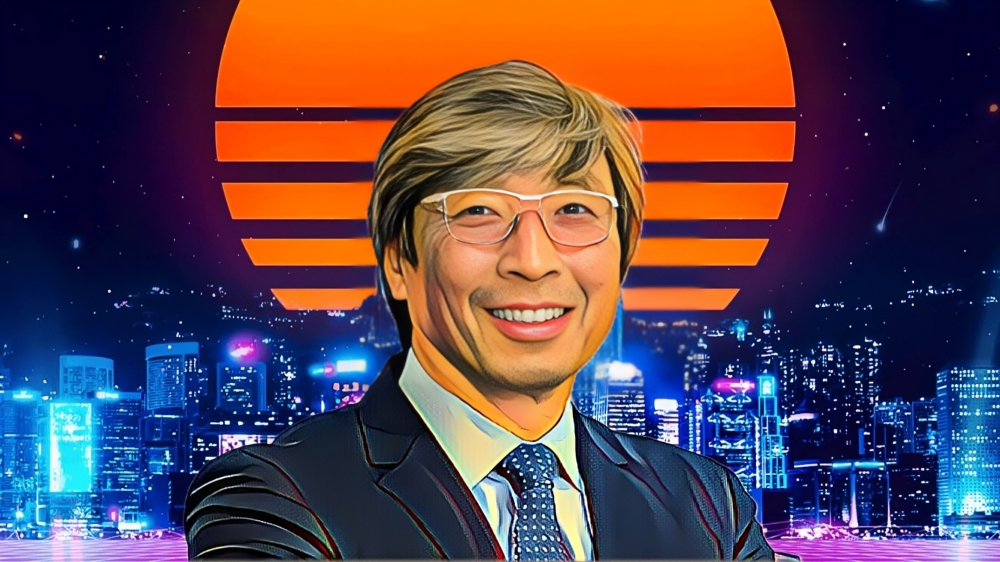
Net Worth: $9.88 billion
Citizenships: South African, American
Born in Port Elizabeth, South Africa, Patrick Soon-Shiong’s journey to success took him across the globe to the United States, where he built a remarkable career in biotechnology. His wealth comes from the strategic sale of two pharmaceutical companies, APP Pharmaceuticals and Abraxis BioScience, totaling nearly $8 billion. Soon-Shiong is renowned for developing Abraxane, a groundbreaking chemotherapy drug. Today, he holds an 80 percent stake in ImmunityBio, and owns the Los Angeles Times. His diverse investments also extend to sports, including a 4.5 percent share in the Los Angeles Lakers. Through NantWorks, a conglomerate managing public and private entities in healthcare, Soon-Shiong continues to be a major player in the medical and biotechnology sectors.
3. Clive Calder
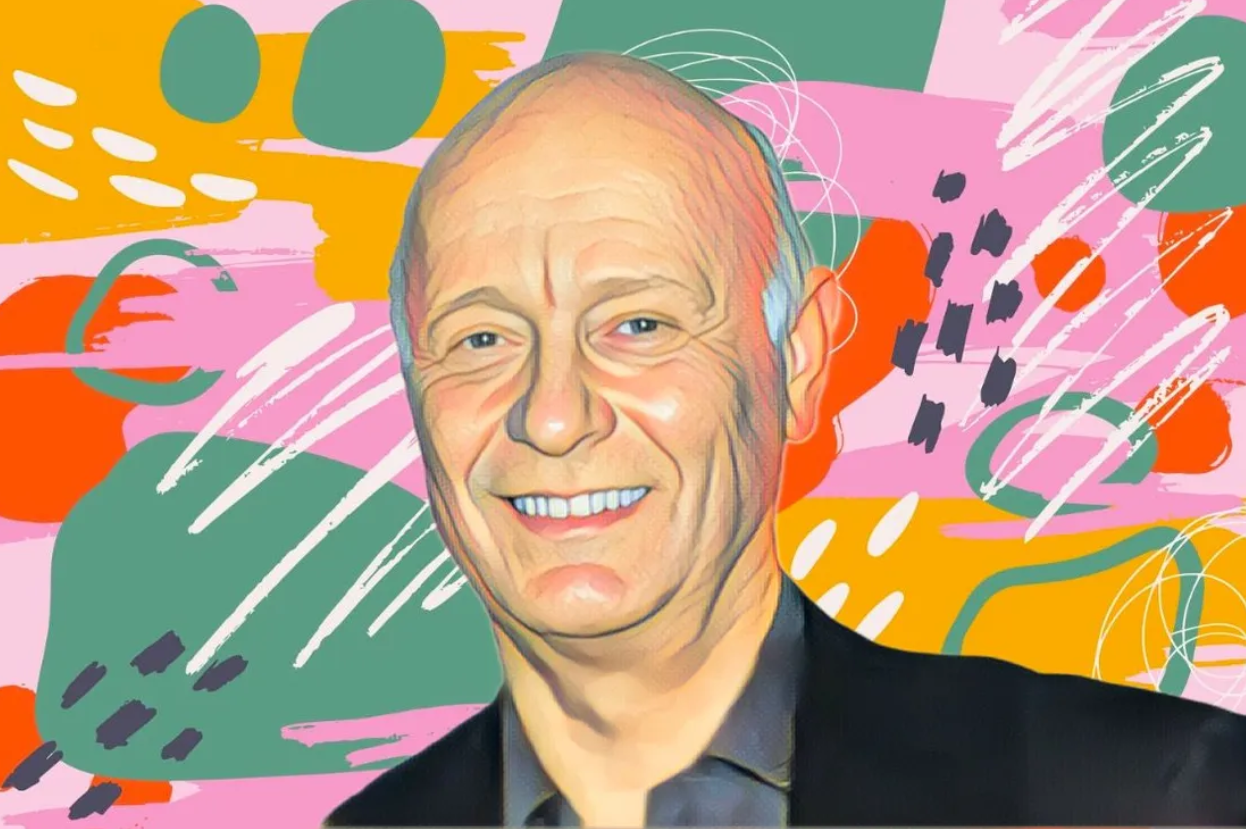
Net Worth: $7.58 billion
Citizenships: South African, British
Clive Calder’s success story began in Johannesburg, where he co-founded Zomba Group, which quickly became one of the most influential independent music companies globally. His vision led to the discovery and promotion of global superstars, including Britney Spears and the Backstreet Boys. Calder’s savvy business acumen came to the forefront when he sold Zomba to Bertelsmann for $2.74 billion in 2002. Beyond music, Calder has invested heavily in technology and gaming, with a notable stake in Cloud Imperium Games, the studio behind Star Citizen. He is also committed to philanthropy through the ELMA Group of Foundations, which pledged over $100 million to fight COVID-19 in Africa.
4. Ivan Glasenberg
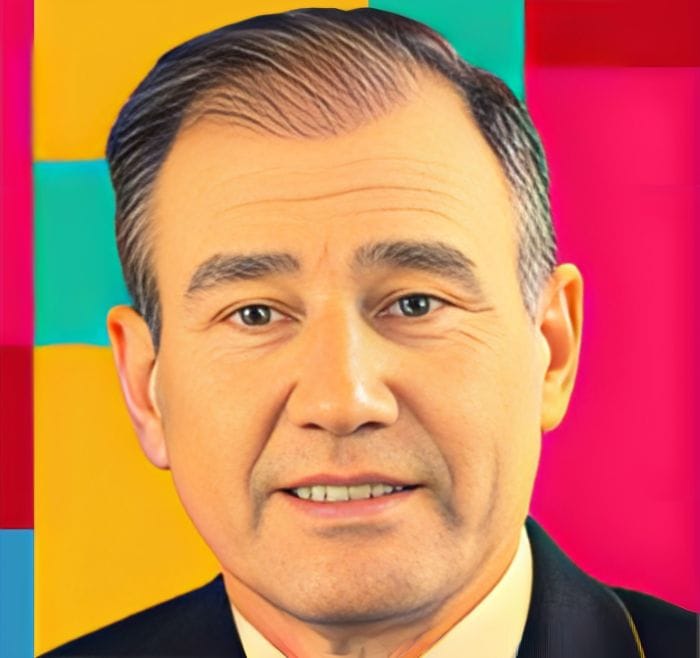
Net Worth: $7.42 billion
Citizenships: South African, Australian, Swiss
Born in Johannesburg, Ivan Glasenberg built his fortune through his leadership at Glencore, the world’s largest commodity trading and mining company. As CEO, he led major deals, including the $29 billion acquisition of Xstrata in 2013, solidifying Glencore’s position as a global powerhouse in resources. Although he stepped down as CEO in 2021, Glasenberg remains one of the company’s largest shareholders. In 2024, he made a surprising move into the consumer sector by acquiring Italian bicycle manufacturer Pinarello, diversifying his investment portfolio.
5. Tony Bloom
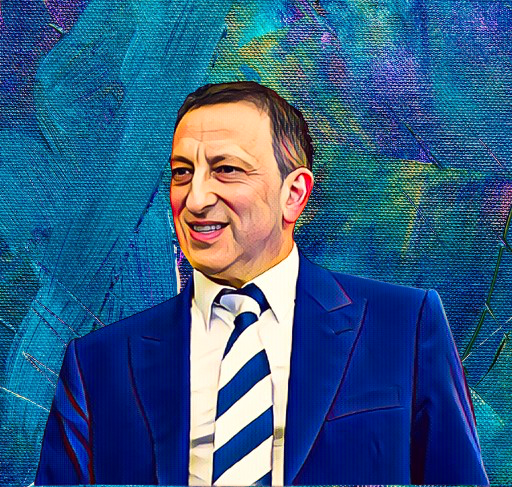
Net Worth: $1 billion
Citizenships: South African, British
Tony Bloom, a Brighton-born entrepreneur, is a renowned sports bettor, professional poker player, and football club owner. Nicknamed ‘The Lizard” in poker circles, Bloom has successfully managed a private betting syndicate while making savvy investments in property and private equity. As the majority owner of Brighton & Hove Albion, Bloom transformed the Premier League club into a competitive force, leading them to their first-ever UEFA Europa League qualification in 2023. Bloom is also involved in football through stakes in Belgian club Royale Union Saint-Gilloise and Australian team Melbourne Victory. His success in sports betting has earned him over $3.8 million in live tournament winnings.
6. Mark Shuttleworth
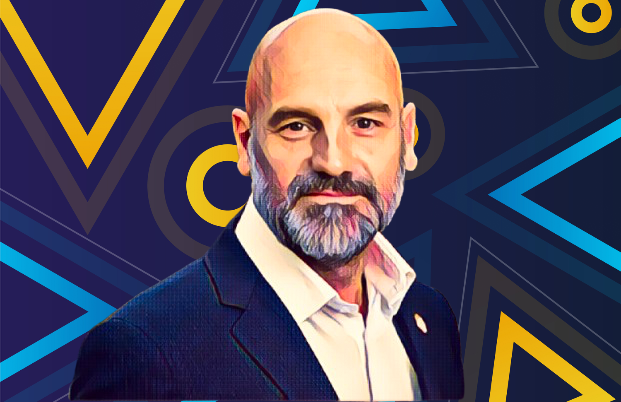
Net Worth: $662 million
Citizenships: South African, British
Mark Shuttleworth is a pioneering tech entrepreneur, best known for founding Canonical Limited., the company behind the popular Ubuntu operating system. He made his initial fortune after selling his internet security firm, Thawte, for $575 million in 1999. In 2002, Shuttleworth made history as the first African in space, funding his journey for $20 million. He continues to make an impact through the Shuttleworth Foundation, investing in education and open-source software projects. Shuttleworth also founded HBD Venture Capital, a business incubator focused on innovation in South Africa.
7. David Sacks
Net Worth: $200 million
Citizenships: South African, American
David Sacks, born in Cape Town, South Africa, became a key player in the tech world after moving to the U.S. as a child. His fortune came from his role as COO of PayPal and his success as founder and CEO of Yammer. As a member of the “PayPal Mafia,” Sacks helped drive PayPal’s IPO and its $1.5 billion acquisition by eBay. Today, he is a founding partner of Craft Ventures, with investments in companies like Uber, SpaceX, and Facebook. Sacks’ influence extends to politics, where he was appointed White House AI and crypto czar in 2024. His involvement in both tech and digital policy underscores his significant impact on Silicon Valley.
Crédito: Link de origem


